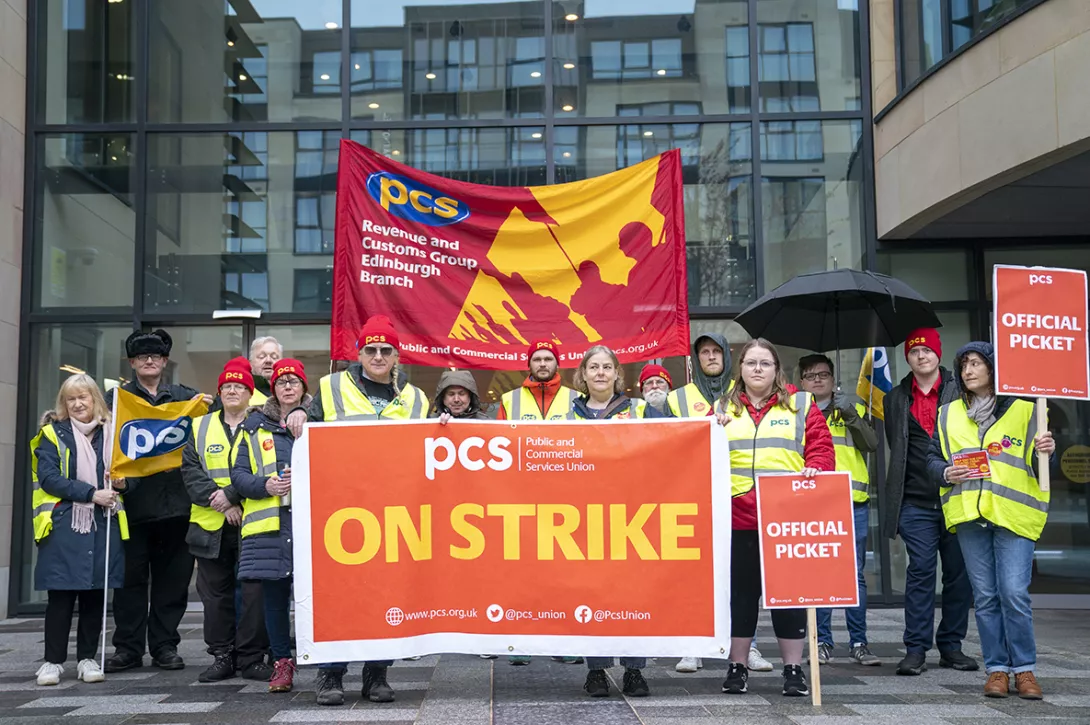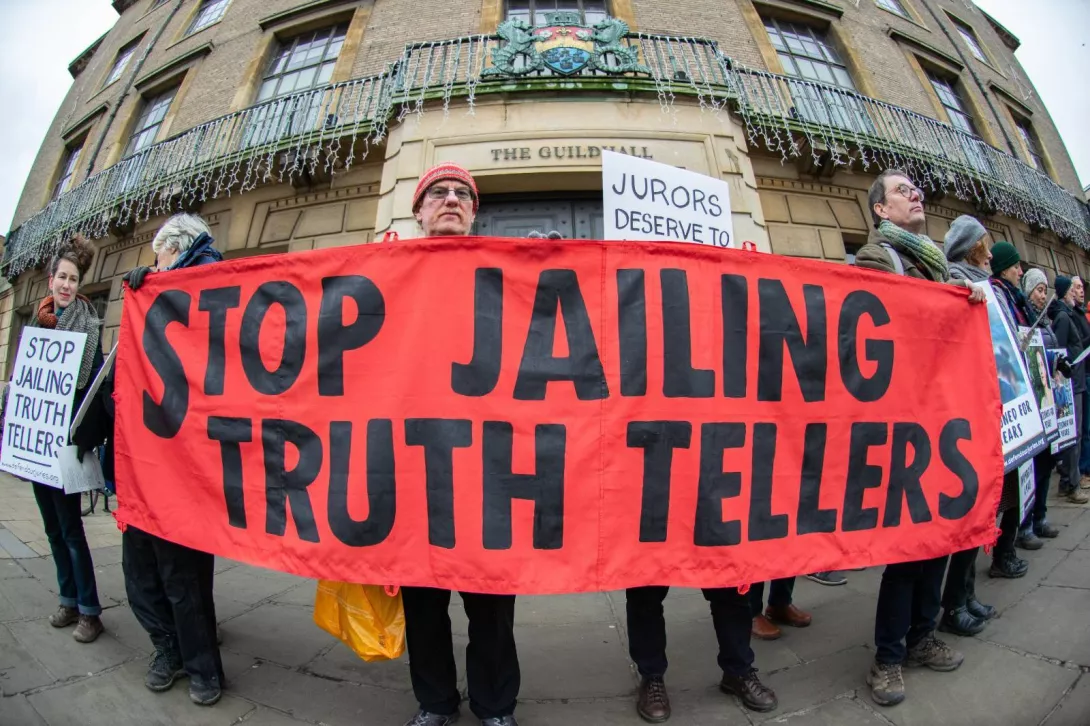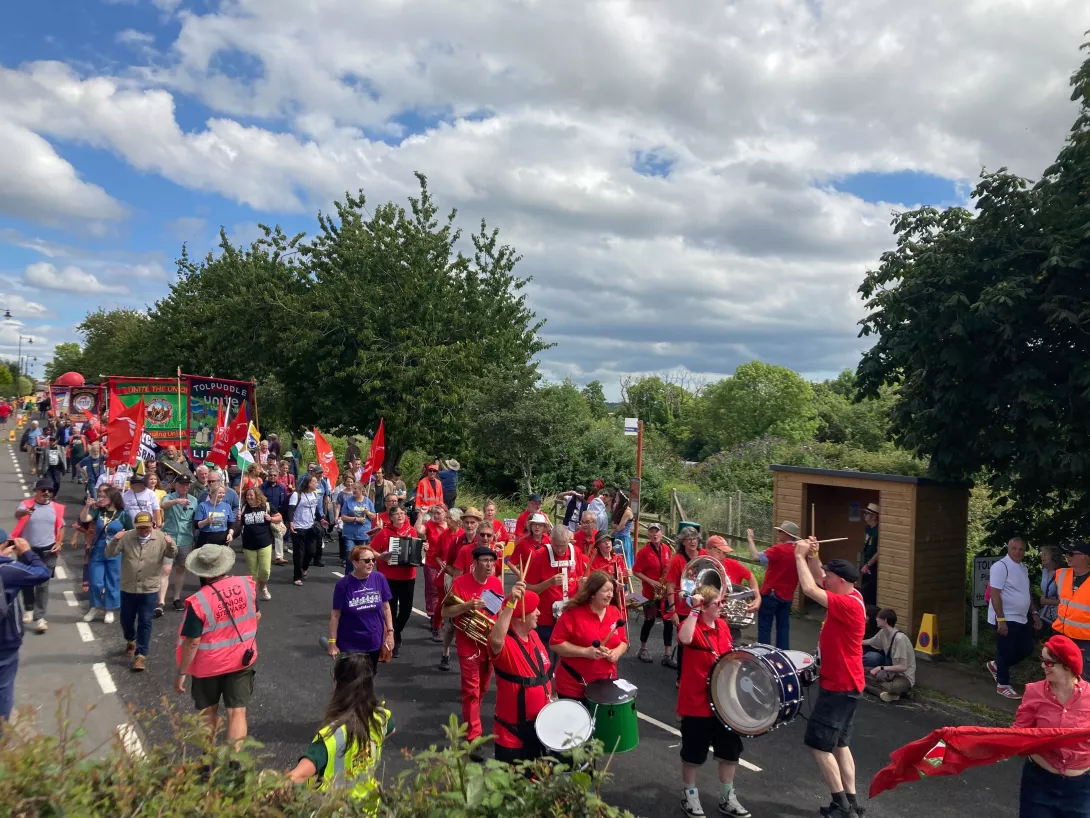Pay review bodies accused of being ‘political Trojan horse’ for governments to undermine collective bargaining

A NEW report on pay review bodies (PRBs) suggests they have become a “political Trojan horse” for governments to undermine collective bargaining and degrade wages.
The Institute of Employment Rights (IER) launched its report “Pay review bodies: their past and their future” alongside trade union leaders in Westminster on Thursday evening.
Written by Dr Andrew Moretta in collaboration with several unions, the report highlights how over time, successive governments have exerted influence over PRBs, turning their recommendations into mere options for the government to accept or ignore as they see fit.
More from this author
Similar stories

Newly appointed director JAMES HARRISON sets out his vision for the Institute of Employment Rights, balancing healthy scepticism of Labour’s promises with proactive efforts to improve and expand workers’ rights















